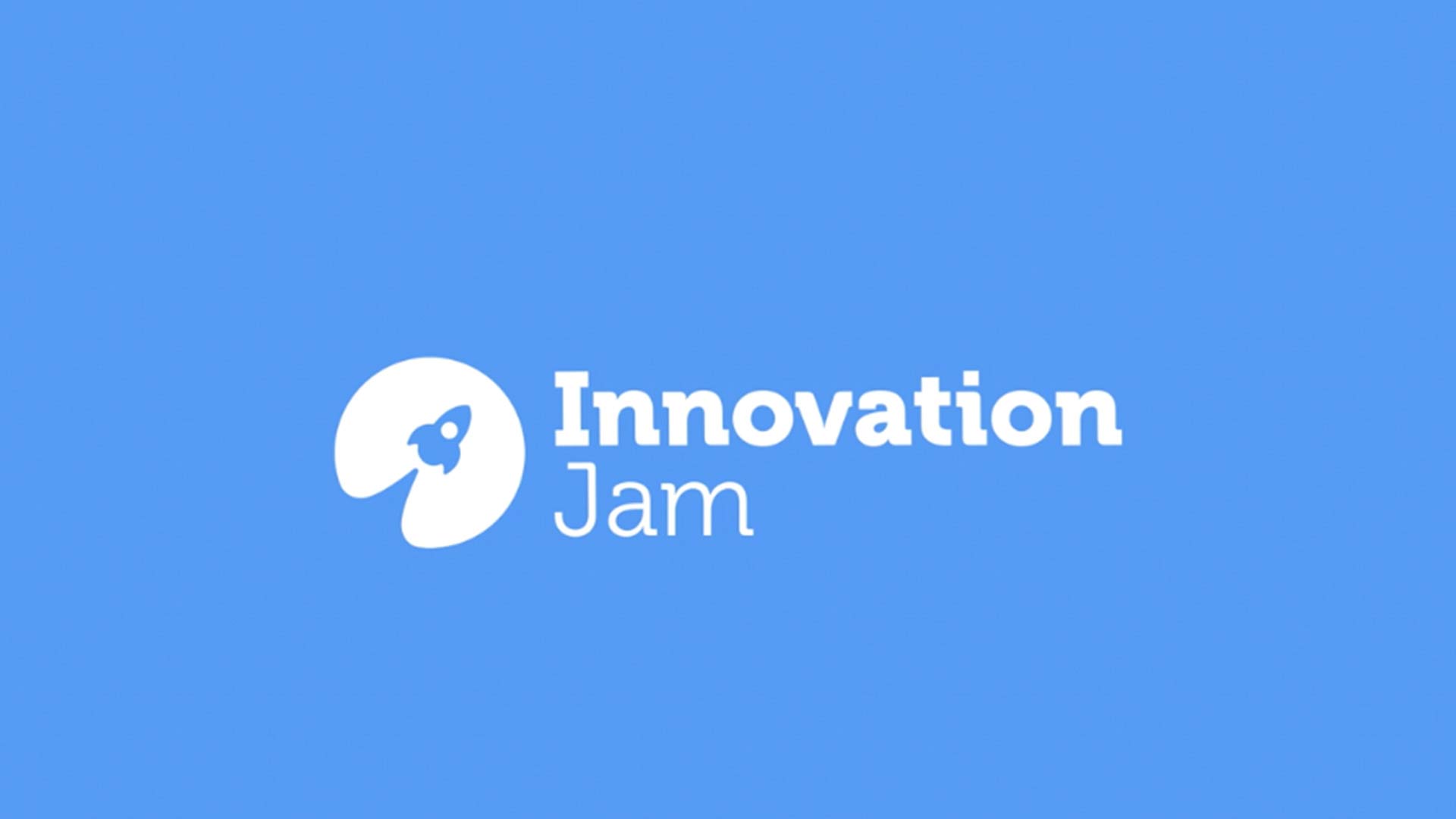
Integrated Virtual Assistant: Saving time and reducing stress
Reducing a costly waiting game
Remember what life was like as a student submitting an assignment or asking for feedback on one? Being unable to progress until you received an email, anxiously checking your emails – and the clock – as the hours tick down until deadline.
It’s a problem that flies under the radar at universities but one that has an enormous impact on the student experience.
It isn’t just students that suffer for this time-lag as well. Staff currently spend significant and scarce time answering student queries via email, which detracts from their ability to perform other tasks, such as preparing quality teaching and conducting research.
A digitally competent audience demands a digitally competent solution
It’s with these two issues in mind that the idea for the Integrated Virtual Assistant (IVA) was proposed. The project aims to develop a personalized communication solution to improve communication efficiency, transform student experience, and enhance student wellbeing.
Integrated into the Microsoft and Canvas systems, as well as other RMIT subscription services like Salesforce and Adobe, the IVA can extract data to identify trends and build an innate understanding of the student experience. This enables it to provide personalised assistance to each student at the time of need.
A prototype - Aiila (Artificial Intelligence Integrated Learning Assistant) was developed for the Commercial Law course with around 1,300 enrolments in Semester 1 2020.
“The student survey results show the majority students welcomed this VA, and preliminary feedback from the prototype was very positive from more than 400 uses,” said the project team, comprised of Ling Mei Cong, Chris Booth, Christina Platz, Patrick Lynch and Keither Hibbert.
“Staff also observed the reduction in email traffic and felt the VA freed up their time for deep engagement with students,” they said.
By leveraging artificial intelligence and data analytics, an IVA can provide immediate answers to student queries at any time of day, as well as assist with students’ active learning.
In short: it’s what students want, when they want it.

Innovation Jam at RMIT
The College of Business and Law collaborated with RMIT Activator to run a 12-week course to develop innovative e-tech ideas into products for the university to implement. Here's how the participants found the course.
Embracing Innovation to quicken the process of change
In the recent 2019 and 2020 Educause Horizon report, the Virtual Assistant (VA) has been identified as a key trend in the Higher Education with a time to adoption of 4 - 5 years.
However, students need these solutions now as well, which is why the IVA has been so enthusiastically embraced by the College of Business and Law as part of their Innovation Jam.
The college wanted to innovate, and so turned to its own people for ideas. The best submissions saw those project teams complete a 12-week workshop run by RMIT Activator, where the teams learned how to actualise their idea into an implementable product.
“The 12-week Innovation Jam program has been an eye-opener to our team,” said the five-member project team. We thoroughly enjoyed the entire journey.”
“During the IJ program, our project goals were sharpened and evolved. Throughout the journey, our team had a thorough analysis of the user needs, finalized the prototype, and built the future roadmap.”
As the project edges closer to being ready, many at RMIT are hoping the future roadmap for students will be brighter with access to personalised feedback, on demand.


Acknowledgement of Country
RMIT University acknowledges the people of the Woi wurrung and Boon wurrung language groups of the eastern Kulin Nation on whose unceded lands we conduct the business of the University. RMIT University respectfully acknowledges their Ancestors and Elders, past and present. RMIT also acknowledges the Traditional Custodians and their Ancestors of the lands and waters across Australia where we conduct our business - Artwork 'Sentient' by Hollie Johnson, Gunaikurnai and Monero Ngarigo.
More information